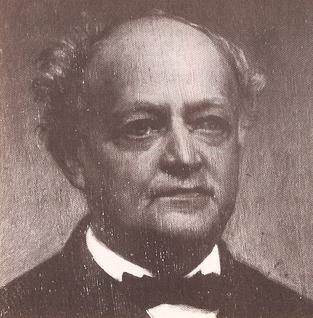Fixing Mistakes #1 : Checking the YEAR tag
My last post explained that my music collection needed to be re-catalogued to some extent. In particular, I needed to make sure that every track I've ever ripped has an entry in its YEAR tag, identifying when a particular recording was made (because that little piece of information turns out to be a crucial component in classical music recordings' "primary key")
I wasn't going to check all 64,000+ ripped audio tracks by hand to achieve this! Instead, I needed to script something that could batch-check my entire collection in one go. [...]





